2001 For Gamers
Article - we take a look back over some of the year's key events in the gaming industry
It's been another exciting year for the gaming industry, with the launch of no less than three new console systems and the coming of age of a fourth. Gamers have never had it so good.
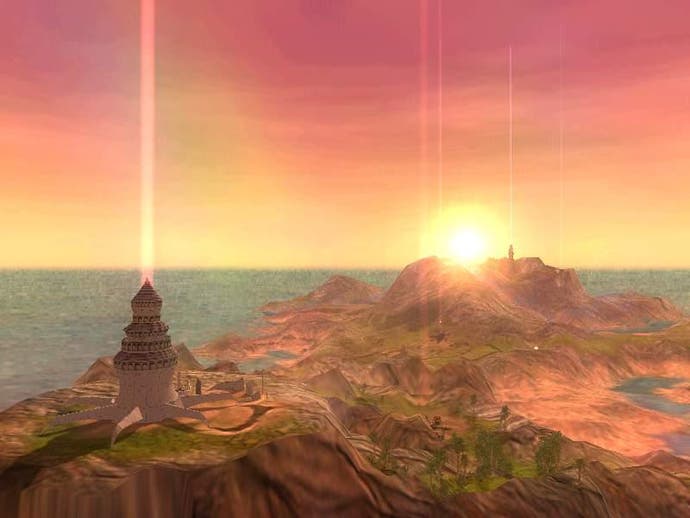
What Went Wrong
Console gamers, anyway. On the beige box it's been another story entirely, with our Editor-in-Chief forced to bite the bullet and purchase not one but two consoles this year in an attempt to stave off the frustration of seeing a steady stream of flawed and unimaginative drivel for the PC crossing his desk each week. While this year has seen a lot of "good" PC games, there have been few that really stood out. Titles such as Operation Flashpoint, Startopia, Serious Sam, Cossacks and Kohan brought a smile to our faces. Titles such as Toon Racer, The Weakest Link and Who Wants To Be A Millionaire Second Edition didn't. Far more frustrating though were the games we were looking forward to which fell short of expectations, often because of shoddy beta testing and play balancing. Hello Virgin. Even some of the most anticipated games of the year proved disappointing. Take Peter Molyneux's Black & White, for example, which finally arrived on the shelves in April after years of hype. It was a nice toy with plenty of neat tricks, but there was very little actual game in there and the sense of wonder tended to wear off after the first few hours. Factor in some pretty fundamental design flaws (whoever decided not to let players skip the irritating tutorial should be taken out and shot), a few show-stopping bugs, poor AI and creatures with a ten second attention span and the whole thing was a bit of a letdown. You couldn't even teach your creature to dance to your favourite Moby album, as Peter had promised us last year. What is the world coming to?
Movie Madness
Not satisfied with making a mess of their games, some companies have also branched out into the movie industry to inflict their godawful storylines and amply proportioned characters on a whole new audience. Yes, Lara Croft hit the silver screens this year in the first of a planned series of Tomb Raider movies. Like the games on which it was based, the movie was a mish-mash of exotic settings and over-the-top action scenes, loosely tied together by a quest for an ancient relic. The real focus was on gravity-defying mammaries and tight shorts though and this formula once again proved successful, making Tomb Raider the most profitable game-to-movie conversion thus far. Amazingly, Eidos failed to cash in on this success with another rehashed Lara adventure, making 2001 the first year in living memory without a new Tomb Raider release. At the other end of the scale, the far more imaginative Final Fantasy film proved to be a commercial disaster, leading to the early closure of Square's CGI movie studio in Hawaii. To add insult to injury, the huge losses racked up by the film forced Square to sell almost a fifth of their company to Sony. Sadly this hasn't deterred other companies from jumping on the bandwagon, and the next couple of years should see movies based on everything from Resident Evil and American McGee's Alice to Soul Calibur and Crazy Taxi. The mind boggles.
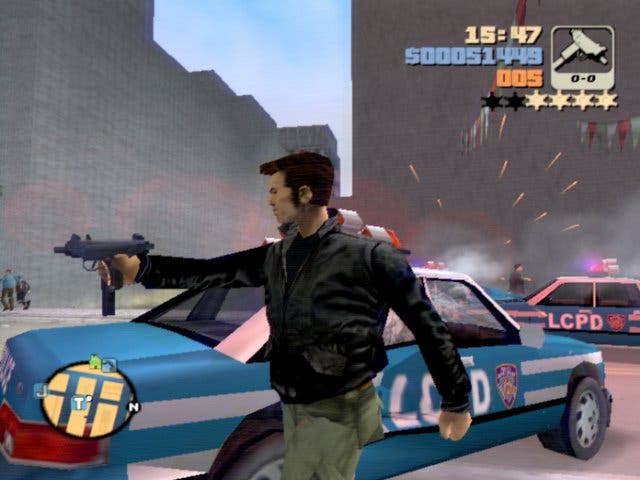
Consolation Prize
By comparison, 2001 was a great year to be a console owner. After a slow start marred by a lack of quality games the PlayStation 2 finally proved its worth in Europe this summer, with the release of Gran Turismo 3 and a small price cut helping to boost sales again after the spring lull. None of this could have prepared us for the last few months of the year though, which saw another (more drastic) price cut and a whole flood of great games emerging on the PS2. With Grand Theft Auto 3 arriving at the tail-end of October and everything from Devil May Cry and Silent Hill 2 to SSX Tricky and Pro Evolution Soccer coming out over the next few weeks, the much-maligned console was suddenly awash with top games. And with both Final Fantasy X and Metal Gear Solid 2 expected in Europe early next year, Sony are likely to be rubbing their hands in glee this Christmas. Meanwhile in America the console war was getting underway, with Nintendo and Microsoft battling it out for a share of this multi-billion dollar market. And the winner was? Um .. Sony, actually. Yes, despite going head-to-head with the Xbox in America at $299, the year old PlayStation 2 has still shifted more units in the run-up to Christmas than either the Xbox or GameCube could manage. On the bright side, sales of all three consoles have been strong so we should be in for an interesting fight when the party comes to Europe in the spring.
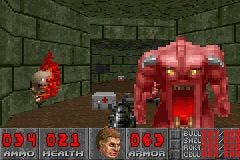
Gaming On The Go
It's not all been about next-generation consoles with powerful graphics processors and Dolby Digital sound though. One of the biggest successes of the year was the humble GameBoy Advance, Nintendo's latest hand-held gaming system. With a modest price tag and all the power of a SNES in the palm of your hand, the GBA flew off shelves around the world when it was released during the summer. Ok, so the LCD screen could have been better; across the country you can see players contorting themselves next to windows and under lamps as they tilt their GameBoys this way and that to catch the light at just the right angle. The buttons could have been better placed as well, because using the GameBoy Advance for any length of time (particularly with a game which requires frequent use of the shoulder buttons) can be a painful experience. But overall it's a great little gizmo. What really makes it shine is the software. There has inevitably been a string of dodgy re-releases of old arcade and console games, but amongst the dross we find gems like Mario Kart Super Circuit, Tony Hawk 2 and Doom, which show just what the diminutive console is capable of. Add to that the fact that it's back compatible with the entire GameBoy and GameBoy Color catalogue and it's obvious that Nintendo are on to another winner.
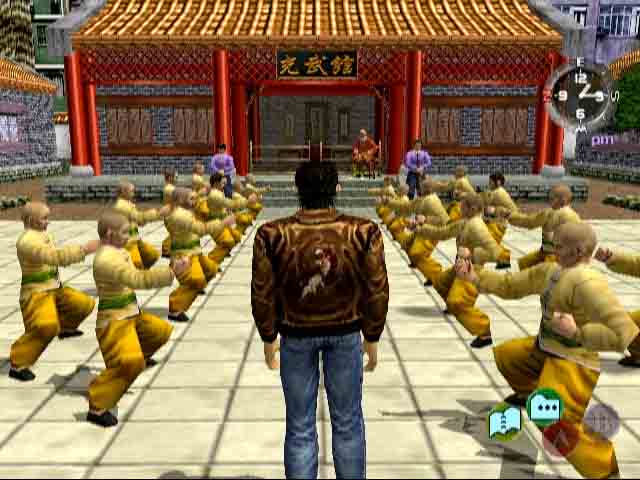
Dreamcast RIP
One company which clearly wasn't on to a winner was Sega, which finally quit the console manufacturing business at the beginning of 2001 after four years of heavy losses caused by relatively disappointing sales of the Dreamcast and its predecessors. Production of the much-loved Dreamcast stopped in January and since then most of the remaining stock has been sold off at ever decreasing prices, although a surprise surge in demand led to a limited edition run of new Dreamcasts being built for Japan recently. New software releases for the console have been reduced to a slow trickle, with games like Shenmue 2 and Sonic Adventure 2 showing what could have been. It's not quite the end of the road for the Dreamcast as there are a handful of new releases due from Sega next year, including Phantasy Star Online 2 and the psychedelic Rez, but it's getting towards last orders. The upside to the demise of the Dreamcast is that Sega have now reinvented themselves as a cross-platform developer and publisher. Sonic is on his way to the GameBoy Advance, Jet Set Radio and Gun Valkyrie will be appearing on the Xbox in the spring, and Super Monkey Ball proved to be one of the most entertaining and downright insane launch titles for the GameCube. While Dreamcast fans are obviously upset about the death of their favourite console, it does mean that Sega games will reach a much wider audience in future. And that has to be a good thing, both for gamers and for Sega themselves.
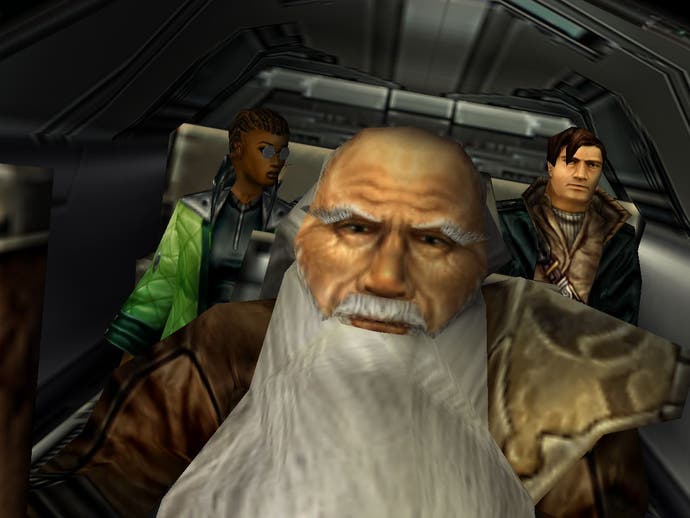
Another One Bites The Dust
Less tears were shed over the demise of Ion Storm, John Romero's dream development studio which had rapidly turned into a nightmare of spiralling debts, mass walk-outs and critically mauled games. Ion Storm had been the laughing stock of the gaming industry for some time, what with their over-the-top advertising ("John Romero is going to make you his bitch"), constant product delays (Daikatana was originally due out for Christmas 1997), delusions of celebrity (reinforced by Stevie Case baring all for Playboy) and public back-biting (leading to at least one lawsuit and rapid turn-over of staff even by gaming industry standards). The long overdue release of Daikatana in the summer of 2000 heralded the beginning of the end. Having thrown four years and millions of dollars at the game, it tanked. Romero was in denial, but even Eidos must have realised at this point that they were throwing good money after bad, and they began to lose patience with Tom Hall's overambitious role-playing game Anachronox. After another year of delays the Dallas studio's last game was hurried out the door during the summer of 2001, closely followed by the company's remaining staff. While it was certainly a lot better than Ion Storm's previous releases, Daikatana and Dominion, the rushed release left Anachronox flawed and bug-ridden. And with Ion Storm's Dallas office now closed and Tom Hall and John Romero ousted, any hopes of seeing the planned sequel are rapidly fading.
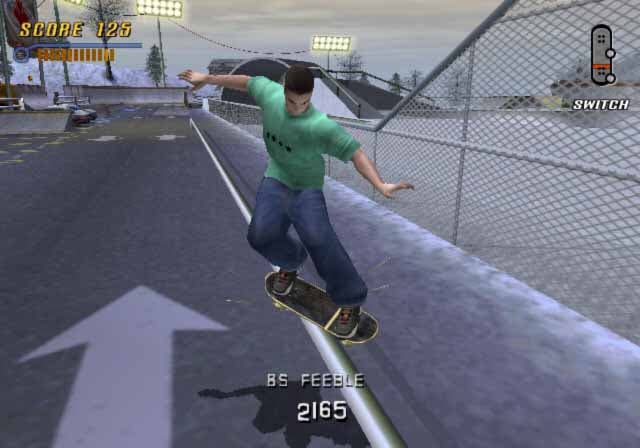
Online Downtime
It's been a turbulent year for the online gaming industry as well, with a number of high profile collapses in the first half of the year and two big new services launching in the second half of 2001. Leading the headlong rush into oblivion was Barrysworld, which went into liquidation in February after burning through over a million pounds worth of venture capital in the space of nine months. With the tech market in a mess and no sign of the company showing a profit any time soon the second round of funding failed to materialise, and in the end the company was bought by Electronics Boutique. Meanwhile Gameplay dismantled itself piece by piece, with most of its impressive list of loss-making divisions being sold off in exchange for some loose change to feed the coffee machine. From the ashes rose two new contenders, both based in the UK and backed by major telecoms companies. First past the post were Telewest with their new blueyonder gaming portal, run by a core team of Wireplay survivors. Several weeks later BT announced their similar looking Games Domain offering, which sports a team including several Barrysworld veterans. Details on what BT are doing are a little vague this stage, but both services feature a host of servers for popular first person shooters as well as match-making and online chat facilities for other games. Both companies are also promising to bring simple online gaming to the PlayStation 2, although again details of BT's plans are rather thin on the ground at the moment. Whether these two new services and the resurrected Barrysworld will prove any more successful than the likes of Wireplay and NetGames UK remains to be seen, but at least this time all of the main contenders have deep pockets to back up their services.
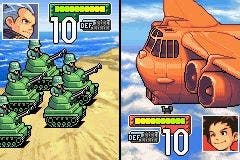
New York, New York
Of course, no round-up of 2001 would be complete without mentioning the shocking terrorist attack on New York. The events of September 11th and the war against Afghanistan which followed have obviously had an impact on the gaming industry, although sadly this often meant ridiculous knee-jerk reactions. Spider-Man 2 was one of the first games to be delayed. Activision took the rather drastic step of scrapping an entire shipment of the PlayStation game and delaying its release by a month while a level set in a building "which loosely resembles the twin towers" was edited out. Meanwhile Sky News suggested that the hijackers could have trained for the attacks using computer games, illustrating this theory with some rather tasteless shots of a player flying a jet liner into the side of the World Trade Center in Flight Simulator. Needless to say, Microsoft were already hard at work removing the building from the next version of the game by this point. Most bizarre of all though was Nintendo's decision to indefinitely delay the European release of Advance Wars, an anime-inspired turn-based strategy game which had seemed rather harmless when we played it a couple of weeks before the attacks. Apparently the fictional conflict between red and blue armies was just too harrowing for European players in the wake of September 11th though, and almost four months later we're still waiting for the game to be released on this side of the pond. There is such a thing as over-reacting...
-
Sega to become platform neutral
Telewest launch gaming service
Gaming industry reacts to terrorist attacks

